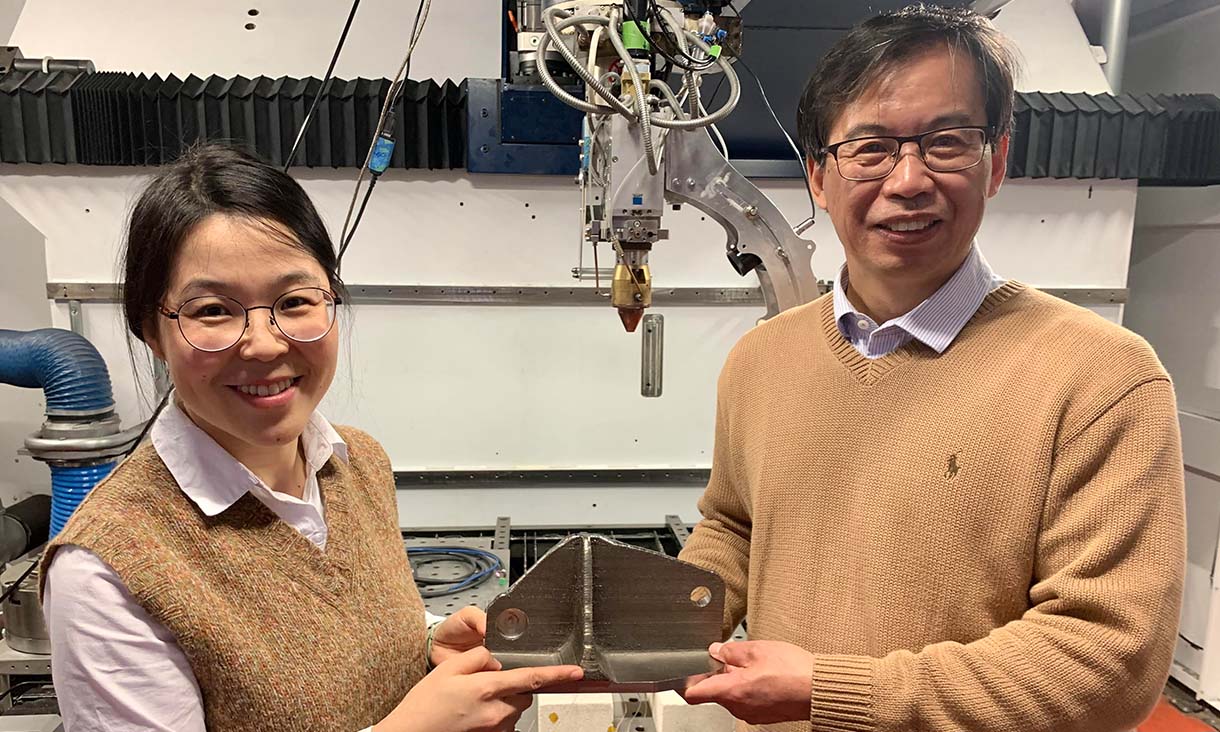The United Arab Emirates (UAE) has projected its Emirates Airline will carry 70 million passengers in 2020, making it one of the larger carriers in the world. In preparation, infrastructure projects are underway to ready the company for the expected 250 aircraft needed to serve these passengers.
As UAE looks forward to the future, so too is the industry as it seeks to develop talent and technology to build the aircraft and airports of the future. For example, this summer aircraft manufacturer Airbus sponsored a global competition to inspire talent and sustainability in the airline industry. This year’s challenge was to develop eco-efficient ideas for aviation. Finalists were chosen from the global pool of engineers and designers. Ideas included:
- Luggage floating on an air hockey like surface to help workers more easily move, load and unload planes so passengers get their luggage more quickly. (Brazil)
- Planes powered by biogas, a sustainable fuel solution in which liquefied methane in supercooled pods improves the efficiency of the engine and reduces CO2 emissions. (Australia)
- Battery-powered hybrid engines in which specially shaped rechargeable batteries are placed in the cargo hold helping to power hybrid engines, reducing fuel consumption by 60% and CO2 emissions by 40%. (Italy)
- Human body heat powering cabins in which specially embedded heat sensitive materials in cabin seats capture energy from passengers reducing energy requirements for each flight. (Malaysia)
The winner turned out to be the team from Brazil which won a $46,000 (30,000 pound) prize. The winning team is comprised of Marcos Philipson, Leonardo Akamatsu, Adriano Furtado and Caio Reis, and Henrique Corazza, all studying design at Loughborough University in the UK. The Australian team was runner up.
This is yet another example of crowdsourcing, which tends to produce numerous ideas from the vast crowd that often lead to creative breakthroughs. These types of competitions help industry attract new talent as well.
Crowdsourcing is starting to become commonplace across many industries, including aviation. Emirates, Cathay Pacific and Air New Zealand are just a few of the airlines that have used crowdsourcing in the past.






